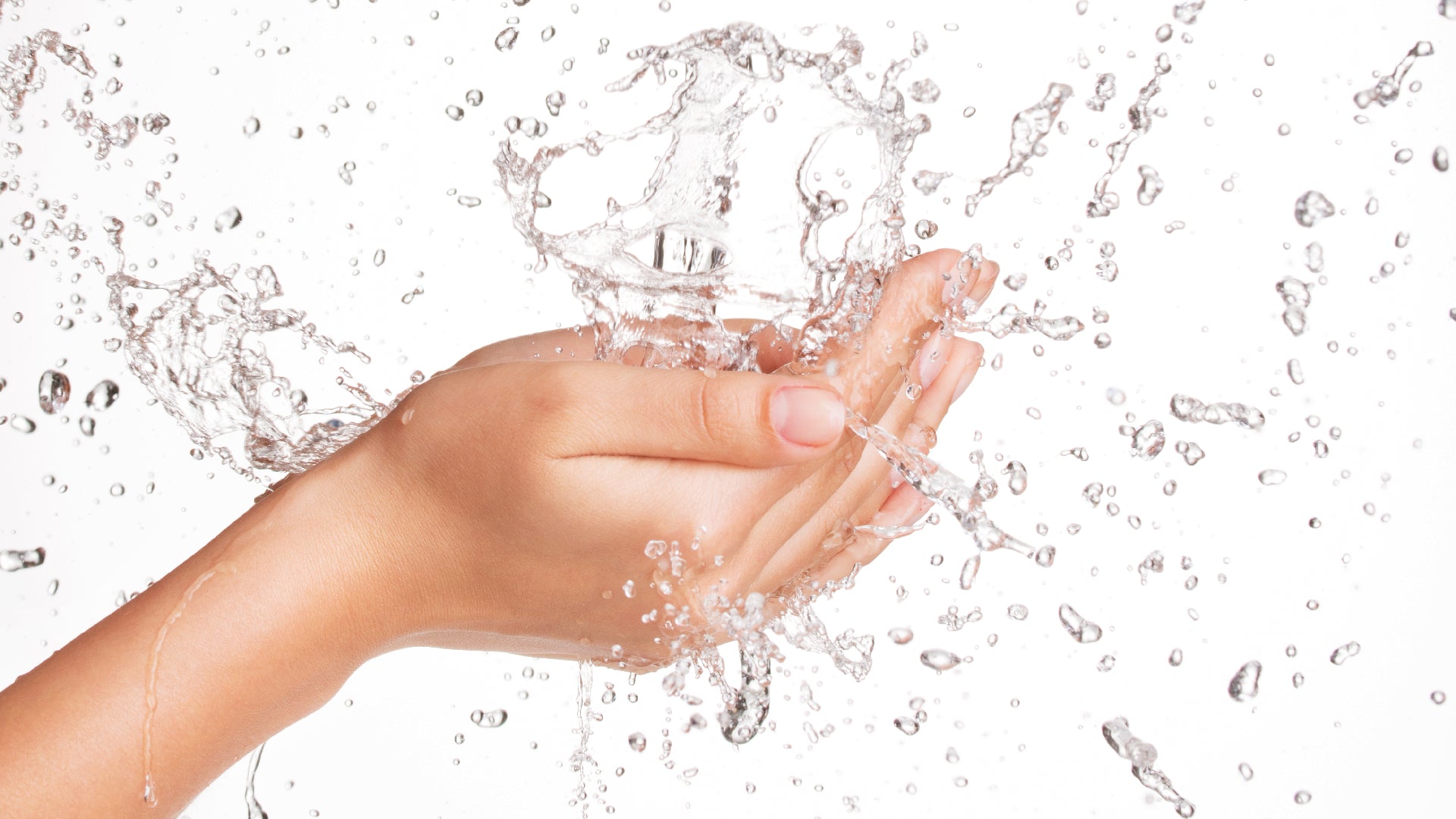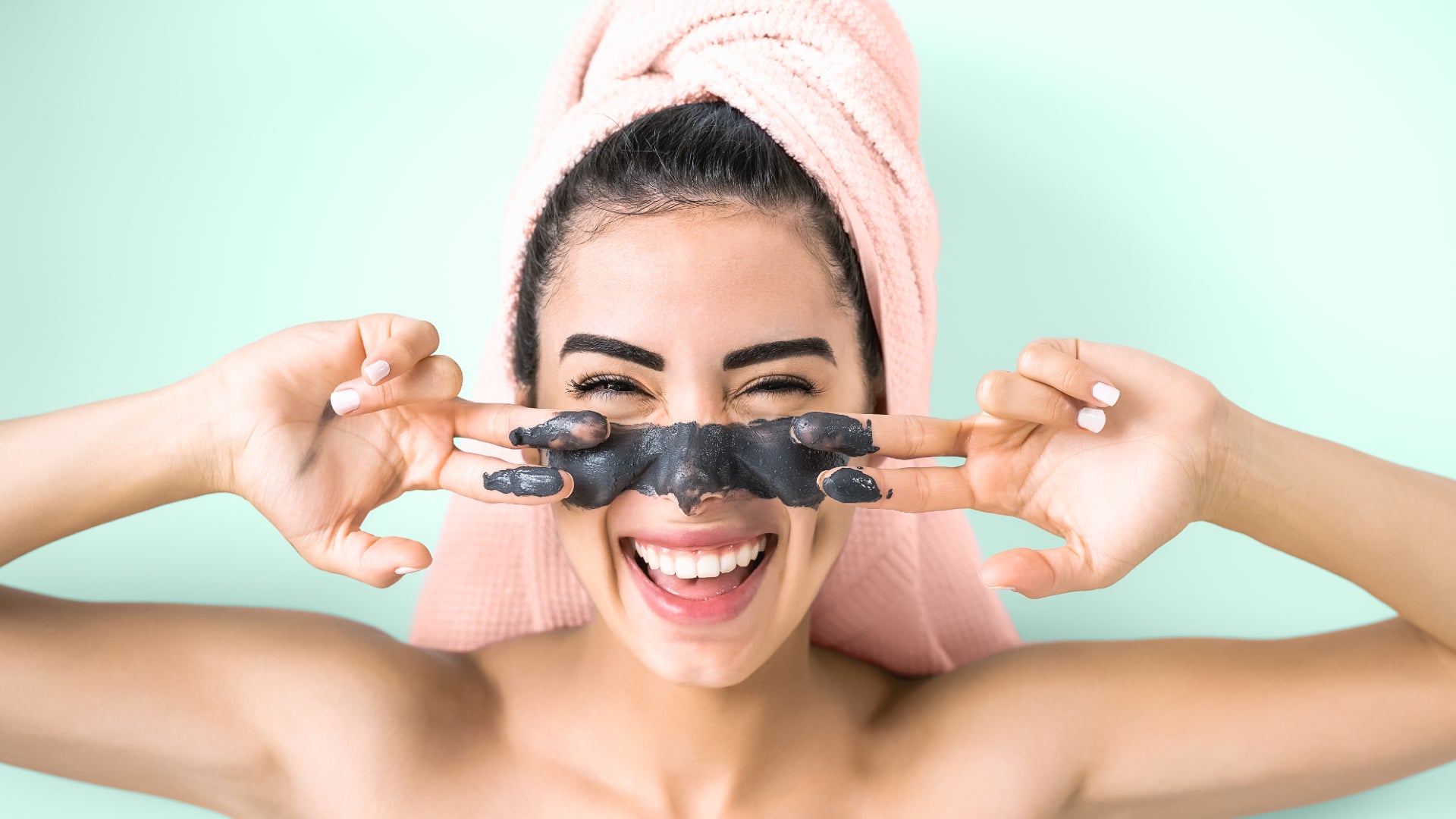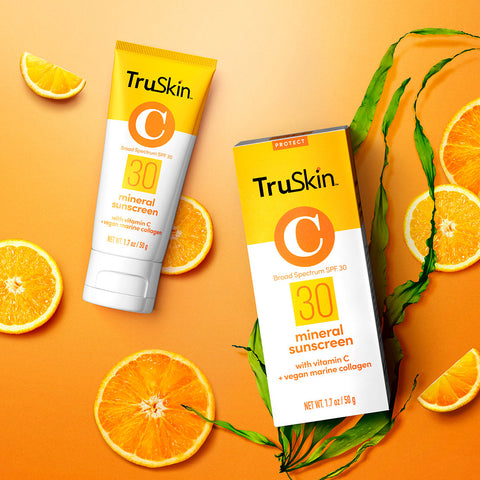
Is Your Skin TRULY Hydrated?
Does drinking gallons of water really hydrate your skin? And can your skin be oily and dehydrated at the same time? Here, we sort through the facts from the fiction about skin hydration.
You’d think keeping your skin perfectly hydrated and moisturized would be simple business, right? But wait, aren’t hydration and moisturization the same thing? Actually, no. And that’s just the start of the whole confusing business.
Thankfully, you have us to help you get to grips with the correct – and best – ways to keep your skin truly hydrated and to understand, once and for all, what’s true and what’s total bull.
So, let us begin…
FACT #1: Dry Skin & Dehydrated Skin Are NOT The Same Thing
Like fine lines and wrinkles, you’ll often read about dry skin and dehydrated skin in the same sentence, as if they’re one and the same. Or are some kind of ultimate power couple that can never be separated. However, dry skin and dehydrated skin are very, very different things.
The most important thing to remember is that dry skin is due to a lack of natural oils (sebum) and is a skin TYPE that’s predetermined by your genes. Dehydrated skin, however, is due to a lack of water and is more of a skin CONDITION. Of course, dry skin can also be dehydrated but in truth, dehydration can affect any skin type at any time.
Things like cold weather, stress, lack of sleep and sun damage all contribute to dehydrated skin because these upset your skin's protective barrier function, allowing water to more freely evaporate from your skin's surface.
FACT #2: Drinking Water Is NOT The Best Way To Keep Skin Hydrated
The fact that your body is made up of around 80 percent water means you can’t argue that keeping yourself hydrated is beneficial to your overall health. Drinking plenty of water and eating water-rich foods like fruit and veggies is vital for maintaining the correct balance of your body’s essential fluids. It also ensures everyday functions like digestion, circulation, the elimination of toxins and your internal temperature balance all work properly. So yes, water is life.
But, and it’s a big but, does drinking water really keep your skin hydrated? Truthfully? Not as much as you might think. In fact, there’s no real evidence that water consumption plays any part in the hydration of your skin. The fact is, any water you drink goes straight to other essential organs first – sadly, your skin is way down on the list of your body’s priorities.
So, instead of expecting your water intake to miraculously give you soft, hydrated skin, look after its hydration levels through other means. This includes avoiding harsh soaps and cleansers, investing in a humidifier for your home and thinking carefully about the ingredients you put on your skin.
One word: humectants.
Experts agree that topical humectants are essential when it comes to skin hydration. Humectants are substances that grab water from the air or deep within your skin and pull it to the outermost layers to help repair and strengthen your skin’s moisture barrier and keep it soft, strong and hydrated at a surface level.
Some of the best humectants in skincare include hyaluronic acid, glycerin, aloe vera, lactic acid, urea and honey. Retinol Moisturizer contains aloe, glycerin and hyaluronic acid for super powered skin hydration. Plus jojoba oil and shea butter help to stop all that water from evaporating from your skin. No need for thanks: that’s what we’re here for.
FACT #3: Facial Serums Are Ideal For Hydrating Your Skin
Of course, moisturizer is key for locking in hydration, but if you want to really up your moisture game, you’ve got to think beyond moisturizer. And this is where facial serums come into play.
Serums are quite different to moisturizers because they have a much smaller molecular make up. This means they’re way lighter and are able to absorb into your skin quicker and deeper. Unlike moisturizers, which contain either occlusive or emollient ingredients like cocoa butter, coconut oil and squalane to seal moisture into your skin, serums are usually liquid or gel-based meaning they don't seal in moisture. Instead, they contain active ingredients like vitamin C, retinol, hydroxy acids and peptides to offer benefits on a much deeper level.
If you're looking to turn up the hydration levels in your skin, a humectant-based serum will fill your skin with moisture, making it a must for rehydrating thirsty skin. Apply our fan-favorite Hyaluronic Acid Facial Serum to clean skin, then finish with moisturizer to lock it in and help reduce TEWL (transepidermal water loss). Perfection.
FACT #4: All Skin Types Need Hydration (Yes, Even Oily Skin)
It’s a common misconception that oily skin doesn’t need to be hydrated. But the thing is, while oily skin has more oil-producing glands, this has nothing to do with its levels of water. In fact, oily skin is often dehydrated due to over-cleansing or using harsh skincare products, so hydration is possibly even more important for oily skin types than anyone else.
While we’re on the subject, moisturizing oily skin is just as important as hydrating it. If you fail to keep your skin balanced with the perfect combination of water and light moisturization, your skin will not only become dehydrated, but it will produce even more oils to compensate for dryness on the surface.
To help stabilize excessively oily skin, apply a hydrating serum after cleansing – again Hyaluronic Acid Facial Serum is perfect – followed by a light moisturizer that avoids pore-clogging occlusives ingredients like waxes, silicones and butters. We're obsessed with Vitamin C Brightening Moisturizer.
FACT #5: Long, Hot Baths Dehydrate Your Skin
The simple fact is hot baths (and showers) draw moisture from your skin AND strip all the healthy fats and oils away. So, not only are they killers for your skin’s hydration levels, but they also cause dryness and may exacerbate conditions like rosacea, eczema, acne and psoriasis. You know how your fingers and toes often become wrinkly after a long, hot soak? Well, that’s a sure sign of moisture having been literally sucked out of your poor skin.
The answer? Shower in lukewarm water for five minutes max. And if you also love a weekly soak in the bath, limit your time to 20 minutes and, again, turn the water temperature down to lukewarm. Remember, if your mirror gets totally steamed up while bathing or showering, your water is way too hot.














